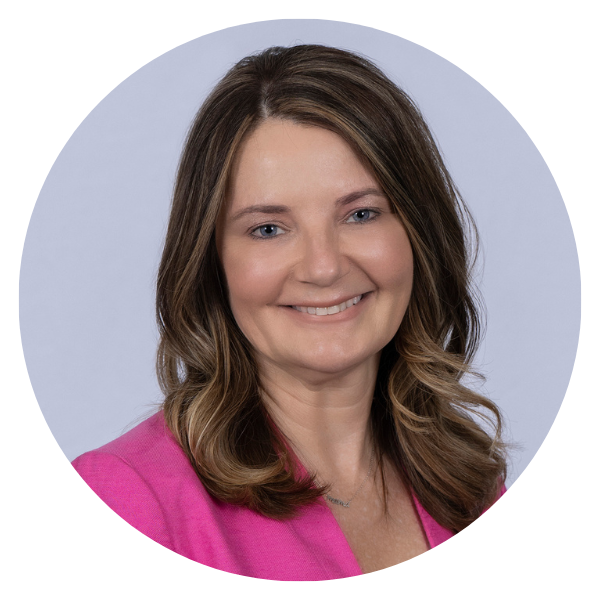The 2021 NILG National Conference was held in Nashville August 1 – 4. On August 11, Lynn Clements, Director for Audit and HR Services at Berkshire provided webinar attendees to an insightful recap of the conference. You can view the recording of this webinar here.
OFCCP Director Jenny Yang’s Keynote Remarks identified 3 priorities for the OFCCP: (1) rebuilding OFCCP staff; (2) revitalizing the agency’s Construction Contractor Program and (3) streamlining and modernizing processes, including by revising the Executive Order 11246 regulations for the first time in many years. In welcome news for contractors, OFCCP staff expressed continued support for the agency’s functional affirmative action and early resolution programs. EEOC Chair Charlotte Burrow stated that the EEOC remained committed to its most Strategic Enforcement Plan but highlighted that the agency would focus on addressing systemic discrimination and the EEO implications of the health pandemic, saying the pandemic was not just a health crisis, but also a civil rights crisis. Both leaders struck a conciliatory tone, expressing a willingness to partner with employers to understand and address equal employment opportunity barriers.
Key Take-Aways from the conference included:
- To ensure compliance with E.O. 11246, Section 503, and VEVRAA, contractors should continue to focus on the basics. The OFCCP Regional Directors emphasized the importance of preparing robust annual AAPs and being ready to submit those AAPs in a timely manner during a compliance review. Noticeably absent from the OFCCP’s remarks during the conference was an update on the AAP Verification program, which remains pending approval at the Office of Management and Budget. However, we believe this proposal will still be finalized, making it critical that all contractors prepare annual affirmative action plans on a timely basis.
- Hiring issues remain front and center for both EEOC and OFCCP. Both agencies emphasized that the health pandemic presents an opportunity for employers to remove long-standing barriers to equal employment opportunity. For example, OFCCP Director Yang encouraged contractors to look at the use of social media and referrals, reliance on elite school recruitment, high school diploma requirements and similar qualification requirements as possible barriers to employment. EEOC Commissioner Keith Sonderling highlighted the agency’s interest in employers’ increasing use of artificial intelligence. These are items that all employers should place on their compliance checklist as you can expect both agencies to focus on these issues as part of their enforcement initiatives. A good first step is reviewing and updating your job descriptions to ensure that all requirements are job-related.
- Evaluate your personnel activity more robustly to look for trends. OFCCP’s Director of Enforcement, Robert Lajeunesse, focused on the importance of evaluating promotions in a variety of different ways. He suggested that contractors not just examine promotional activity through a traditional adverse impact analysis, but also by looking at time to promotions for protected groups as compared to others to identify potential barriers. Several other presentations focused on the importance of robustly reviewing your applicant and hire data, including by conducting step analyses where initial review suggests a selection disparity. A good first step here is to review your applicant tracking processes to ensure you have the data you need to explain your hiring activity.
- Expect a continued focus on compensation discrimination. The OFCCP Regional Directors shared statistics which demonstrated that the agency’s enforcement results included increasing remedies for compensation discrimination. And, although there were no specifics provided at the conference, employers should get ready for another pay data collection. As EEOC Chair Burrows stated, ““Pay discrimination has been hard to fight because it is so hard to find.”
During the webinar, Lynn also mentioned that a number of sessions focused on the linkage between compliance and Diversity, Equity, and Inclusion initiatives. Some key tips were removing silos between compliance and DE&I, using your AAP data to enhance your DEI initiatives and engaging leaders in compliance by emphasizing the connection to diversity.
As contractors plan their AAPs, they should also pay attention how the pandemic and social trends may have affected their plans. Contractors may need to re-tool their AAPs to reflect changes in their workforce. The pandemic has also shed light on the fact that many jobs can be successfully accomplished by remote employees. This has the potential of increasing accessibility to individuals where a physical presence can be a barrier to employment. Developments in LGBTQ+ and disability rights and intersectional discrimination issues were also addressed.
The conference was a great reminder to contractors that the Biden Administration has made social justice and equity issues a top priority. While the details of how this focus will impact employers remains to be seen, we expect employers will see increased workplace requirements and greater scrutiny during government audits over the next several years.
-1.png)

.png?width=593&name=MicrosoftTeams-image%20(4).png)